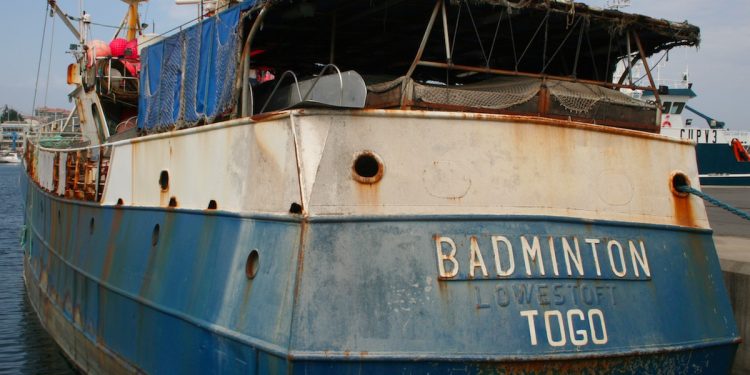Looking to address the longstanding problem of flags of convenience in fisheries, representatives of DG Fish, the Republic of Korea, Taiwan, Thailand and the United States have met to discuss options for dealing with this thorny issue.
The meeting has been prompted by an act of flags of convenience in the fishing industry. At the closed roundtable on 15 October, prompted by the Environmental Justice Foundation report on the subject, and participants have begun exchanging ideas on potential actions.
This could have a substantial positive impact on efforts to eliminate IUU fishing and improve transparency in the sector, according to EJF.
The use of flags of convenience in the fisheries sector commonly means that states allow vessels to fly their flag with minimal monitoring and enforcement.
EJF states that beyond the lack of monitoring from lax flag states, flags of convenience hinder efforts to identify and sanction the ultimate beneficiaries of illegal fishing activities, providing them with easy escape routes. Vessels are able to flag-hop regularly, obscuring their identity and ownership. Re-flagging also means vessel owners can escape sanctions for offences committed under a previous flag, particularly in cases where there is no co-operation between states.
‘Essentially, flags of convenience in fisheries confound accountability,’ an EJF spokesperson said.
‘Some countries that engage in the practice operate as open registers and welcome any foreign vessels so long as they pay a fee.’
EJF argues that others are not overtly open registers, and not commonly associated with the label flags of convenience, but have corporate laws that are permissive, or laxly enforced, with the result that their registered fleet may, in effect, be under foreign ownership.
At the meeting, measures that could be taken by the participant nations to deter other states from freely offering flags of convenience were discussed, along with methods to ensure that these flags are not used by their own citizens.
These include issuing sanctions against nationals when they engage or profit from illegal fishing, even when they are operating under a foreign flag, and requesting information on beneficial ownership upon registration of vessels. These key fishing nations could also convey a powerful message on this topic to central bodies such as regional fisheries management organisations.
‘If these key fishing nations present a united front against flags of convenience, they could achieve significant progress in the global fight against illegal fishing,’ said EJF’s executive director Steve Trent.
‘It is extremely encouraging that these representatives are meeting to discuss their next steps.’









